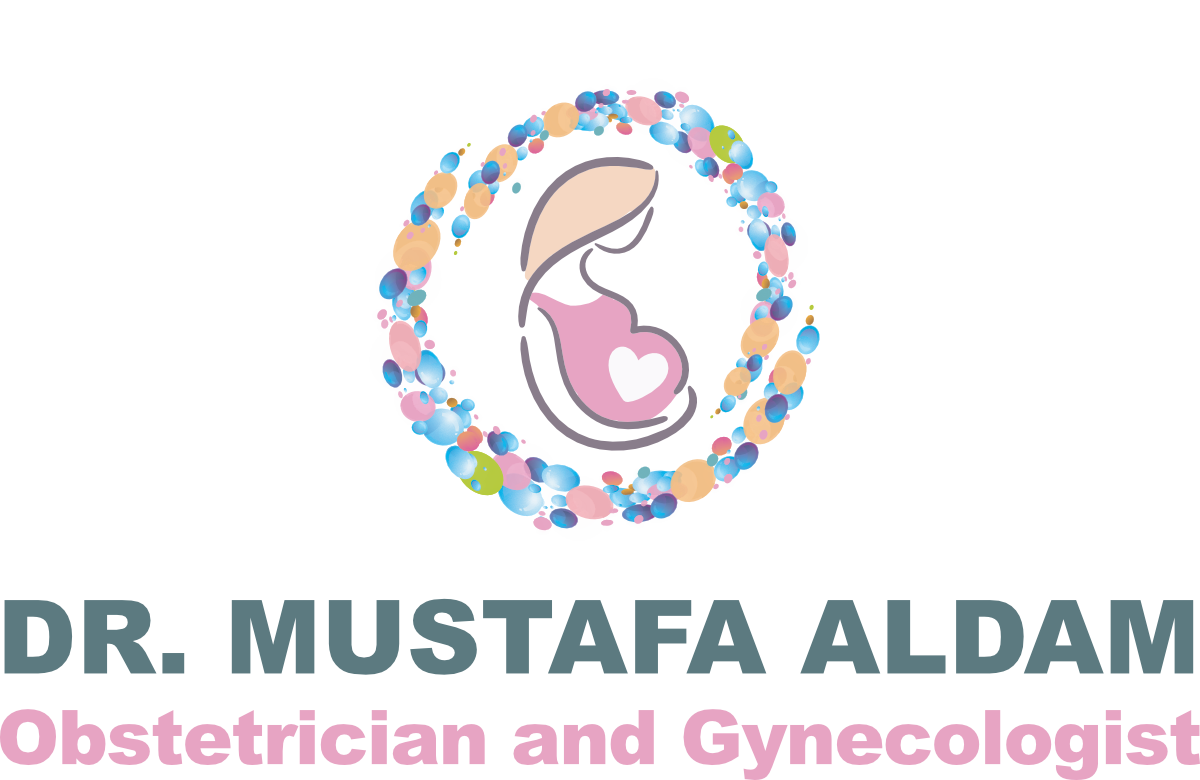Menopause Specialist Dubai
What is Menopause?
Menopause happens when a woman has reached the end of her menstrual cycle. There are several changes you go through before or after your period ends. This commonly indicates the end of your reproductive years.
What causes Menopause?
Women are born with a full supply of eggs stored in their ovaries. Their ovaries produce hormones like estrogen and progesterone, which control their menstrual cycles and the release of eggs, called ovulation. Menopause happens when the ovaries stop releasing an egg per month, and menstruation stops.
Menopause is an inevitable part of aging when it happens after age 40. However, some women may experience Menopause earlier than that. It can be due to surgery, like if their ovaries have been removed in a hysterectomy or damage caused to the ovaries, such as chemotherapy. If it happens before age 40, for any reason, it’s called premature Menopause.

Symptoms of Menopause:
Most women approaching menopause will start to experience vasomotor symptoms (VMS). Hot flashes are the most frequent. A hot flash is characterized by a sharp sensation of warmth that spreads over the upper body, frequently accompanied by blushing, a racing heart, and perspiration. Most women see these flashes as light, while others experience severe ones.
Common menopausal symptoms include:
- Irregular or skipped menstruation
- Dryness and discomfort in the vagina
- Aching and tender breasts
- Frequent urination
- Difficulty sleeping
- Emotional alterations
- Dry mouth, eyes, or skin
Apart from these symptoms, several women have highlighted other ones that can vary from person to person. Some of these possible symptoms include:
- Depression
- Hair loss
- Weakness
- Irritability
- Headaches
- Weight gain
- Changes in libido
- Joint and muscle aches and pains
Different stages of Menopause
Menopause naturally occurs without any medical or surgical intervention. Instead, it moves slowly over three stages:
Perimenopause
When your ovaries slowly produce less estrogen, this phase often starts several years before Menopause. Until Menopause, when your ovaries cease producing eggs, you are in perimenopause. Estrogen levels decline faster in the latter one to two years of this stage. Symptoms of Menopause are common among women.
Menopause
When your last period was a year ago, this is the situation. Your ovaries no longer produce most of their estrogen and stop releasing eggs.
Postmenopause
After Menopause, these are the years. Night sweats and hot flashes linked to Menopause commonly subside. However, as you age, the health concerns associated with the decrease of estrogen rise.

Consult an expert to learn how to manage Menopause
If you are experiencing Menopause, book a consultation with Dr. Mustafa today. With an extensive experience of 20 years, Dr. Mustafa is a renowned menopause specialist in Dubai. Dr. Mustafa is highly skilled in obstetrics, cosmetic, and laparoscopic gynecology surgery and treating premature Menopause in Dubai.
Frequently Asked Questions (FAQs)
Between the ages of 45 and 55, with the average age being 51, most women experience menopause.
The transition into menopause, known as perimenopause, can last anywhere from a few months to several years. Symptoms may continue for around 4–5 years after menopause for some women.
While menopause itself is a natural process, treatments such as hormone replacement therapy (HRT), lifestyle adjustments, and medications can help manage symptoms effectively.
Premature menopause happens when a woman experiences menopause before the age of 40. It may happen naturally or due to medical treatments like surgery or chemotherapy.
You should consult a specialist if you experience severe menopausal symptoms or early menopause or need assistance in coping with symptoms such as hot flashes, mood swings, and vaginal dryness.
The earliest signs are often irregular periods, hot flashes, trouble sleeping, and mood changes. Some women also notice vaginal dryness or a drop in energy levels.
Yes, it can. After menopause, lower estrogen levels can make bones weaker and raise the risk of osteoporosis. It’s important to talk to your doctor about protecting your bone health.
Weight gain is common during menopause, mainly because hormonal changes can slow down your metabolism. Staying active and eating healthy can help manage your weight.
Yes. Many women feel better by staying active, eating a healthy diet, managing stress with things like yoga or meditation, and steering clear of triggers like spicy foods or too much caffeine.
Yes, even though fertility declines, pregnancy is still possible until you have gone 12 months without a period. If you want to avoid pregnancy, using birth control during perimenopause is important.
